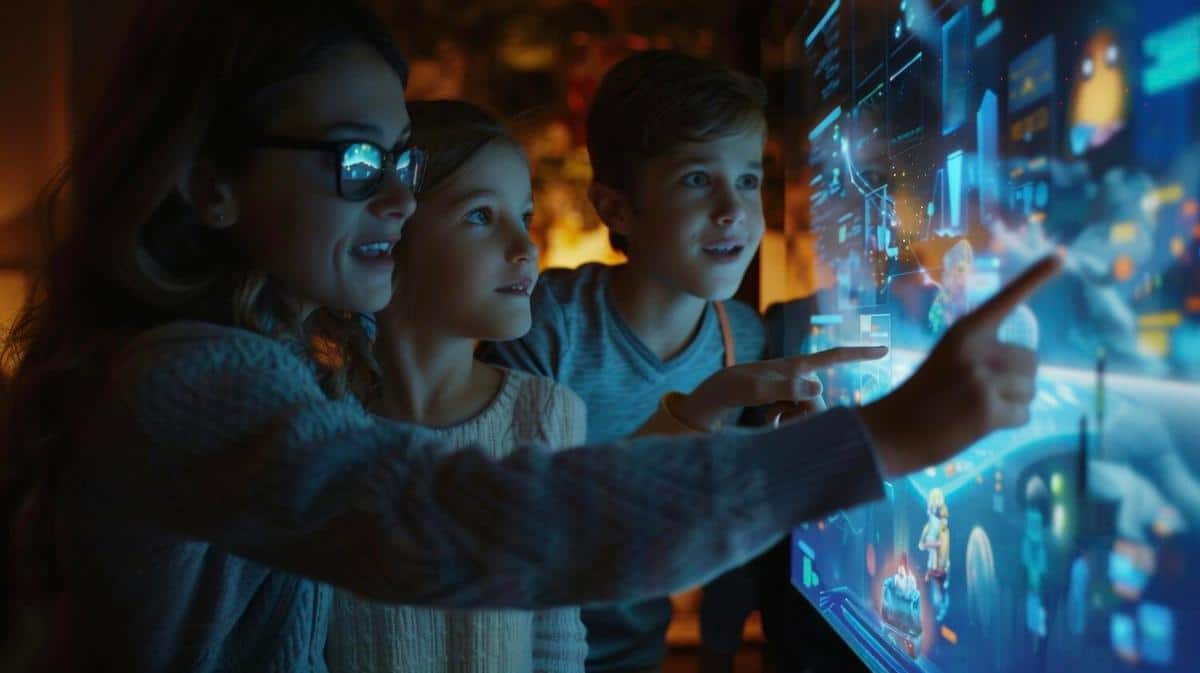
The Role of Social Media in Enhancing the Online Learning Experience
Social media has seamlessly woven itself into the fabric of modern learning, transforming how knowledge is shared and acquired in the digital age. By integrating social media into online learning environments, educators and learners alike can foster a more interactive and engaging experience.
Social media platforms offer a plethora of opportunities to enhance online learning through dynamic interactions and real-time collaborations. Let’s delve into how social media is reshaping the educational landscape.
Expert Insights
Dr. Andrew Smith, an education technology specialist, notes that, “Social media creates a community of learners where knowledge is not only consumed but also co-created.” This sentiment is echoed by numerous educational professionals who have observed increased student motivation and participation through social media engagement.
Statistics and Research
A study conducted by the Journal of Educational Technology & Society found that 75% of students reported that using social media in their courses increased their engagement with the content. Additionally, social media use in education has led to a 30% increase in group work efficiency.
Personal Anecdotes
Consider the case of Michael, a biology student who struggled with traditional learning methods. By joining a social media group dedicated to biology enthusiasts, Michael found a supportive community that helped him better understand complex concepts through shared resources and discussions.
Actionable Tips for Educators
- Integrate discussion forums on platforms like Facebook or LinkedIn to encourage peer interactions.
- Create course-specific hashtags on Twitter for students to share insights and resources.
- Utilize Instagram for visual storytelling and project showcases.
Benefits of Social Media in Learning
| Benefit | Description |
|---|---|
| Community Building | Fosters a sense of belonging among learners. |
| Resource Sharing | Easy distribution of educational materials and resources. |
| Real-time Feedback | Instant communication between students and instructors. |
| Enhanced Collaboration | Facilitates group projects and peer learning. |
| Increased Engagement | Interactive platforms maintain student interest. |
| Flexible Learning | Access content anytime, anywhere. |
| Diverse Perspectives | Exposure to global viewpoints and ideas. |
| Skill Development | Enhances digital literacy and communication skills. |
Challenges and Considerations
While social media offers many advantages, it’s essential to address potential challenges such as privacy concerns and the risk of distraction. Educators should establish clear guidelines and maintain open communication to ensure a productive learning environment.
FAQs
How can social media improve online learning?
Social media enhances online learning by promoting interaction, collaboration, and access to diverse resources.
What platforms are best for educational use?
Platforms like Facebook, LinkedIn, and Twitter offer robust features for educational engagement.
Are there any drawbacks to using social media in education?
Potential drawbacks include privacy issues and distractions, which can be managed with proper guidelines.
Conclusion
Incorporating social media into online learning can significantly enrich the educational experience, making it more engaging, collaborative, and accessible. By leveraging the power of social media, educators can create an interactive learning environment that resonates with today’s digital-savvy learners. Embrace these tools thoughtfully to unlock their full potential and transform the way we teach and learn.


